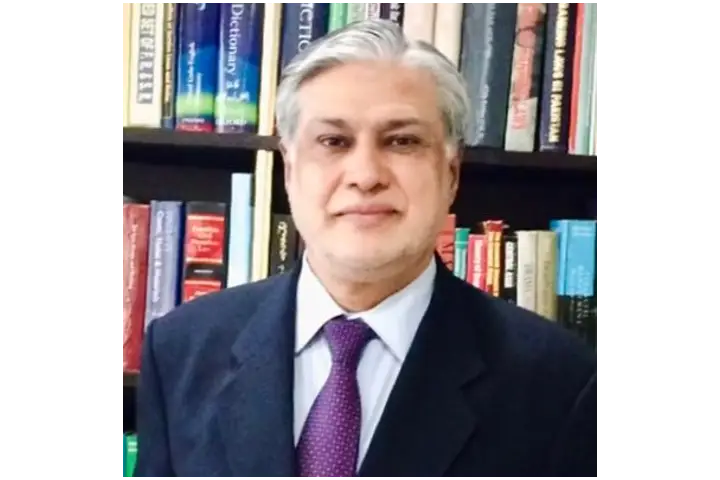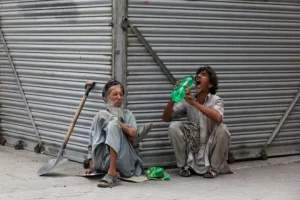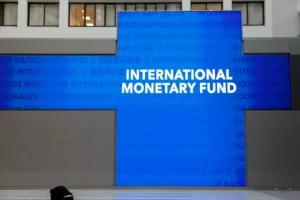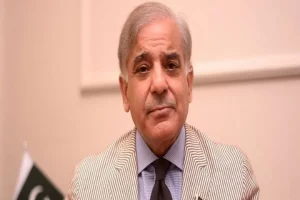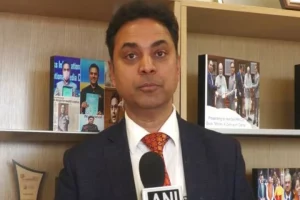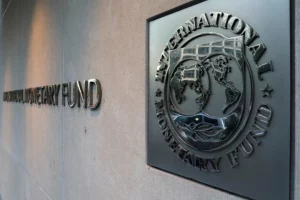As Pakistan is now set to get a new finance minister– senior member of Pakistan Muslim League – N (PML-N) Ishaq Dar will soon assume charge, the moot question that has come up is this: Will there will be a partial reversal of policy decisions including the removal of fuel subsidy, put in place by the outgoing finance minister Miftah Ismail? Second, will the International Monetary Fund (IMF) continue with its just revived bailout package under the Extended Fund Facility (EFF)?
Amid deepening economic crisis, the key challenge for Dar, also a close aide of party supremo Nawaz Sharif, will be to bring down prices on an immediate basis.
Dar has been a staunch critic of Ismail. On several instances, he has come down heavily on Ismail, who hurriedly implemented most of the riders prescribed by the International Monetary Fund (IMF) for the revival of the bailout package.
“We have to run the country and not ruin it by taking dictations,” Dar in an interview to Geo News had then said. He has also been in favour of renegotiating the contours of the bailout package provided by the IMF.
Ismail has come under the spotlight for a host of decisions which have “been hugely unpopular.”
Though he managed to revive the IMF bailout package with the first tranche of loan of $ 1,166 million being disbursed, the continuous increase of fuel prices pushed annual inflation in August to 27.3 per cent—the highest since May 1975. In July, it was 24.9 per cent.
Besides, despite the IMF loans, the slide in the foreign exchange reserves has continued. The country’s reserves fell to $8.6 billion for the week ending September 9 and then further to $8.3 billion for the week ending September 16, raising concerns over a possible default.
Notwithstanding the devastating floods, even last week, the price of petrol was hiked by Pakistani Rs 1.45 per litre taking the price of the fuel to Rs 237.43 per litre. Even in mid-April, the price of petrol in the South Asian nation was less (Pakistani) Rs 150 per litre.
What may have further created problems for Ismail is the recent review report prepared by the Pakistan Institute of Development Economics (PIDE) — the country’s public policy think tank on the contours of the IMF loan package. The PIDE report said that the high inflation in the country is due to supply-side pressures and that further tightening of the monetary policy may worsen the situation.
Meanwhile after the floods caused havoc leading to losses of more than $30 billion, Pakistan Prime Minister Shehbaz Sharif sought help from the members of the Paris Club– an informal group of creditor nations with the aim to strike a workable repayment solution as well as its allies. While assistance has started to flow into the South Asian nation, it is woefully short of requirements.
Incidentally, in about four years, Pakistan has seen five finance ministers. Dar will be the sixth finance minister.
While the PML(N) will look at Dar, who has served as finance minister earlier, to bring down prices and also avert a default, his actions will be scrutinised with a fine-tooth comb.
Also read: India nails Pakistan’s lies at UN, says Islamabad must stop cross-border terrorism
IMF loan not enough to help Pakistan’s economy, says country’s top public think tank






